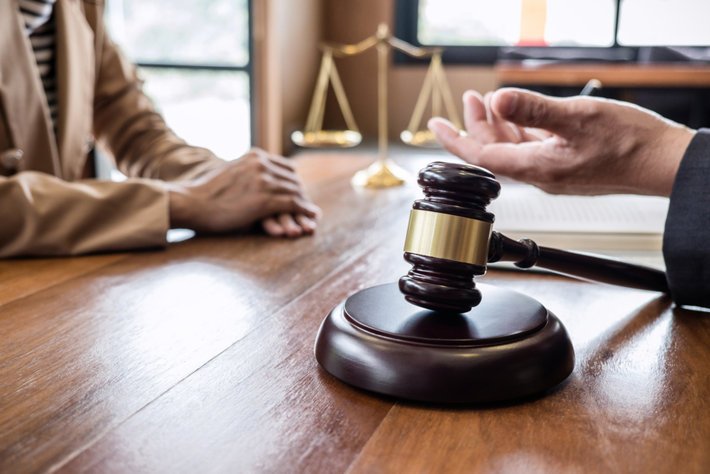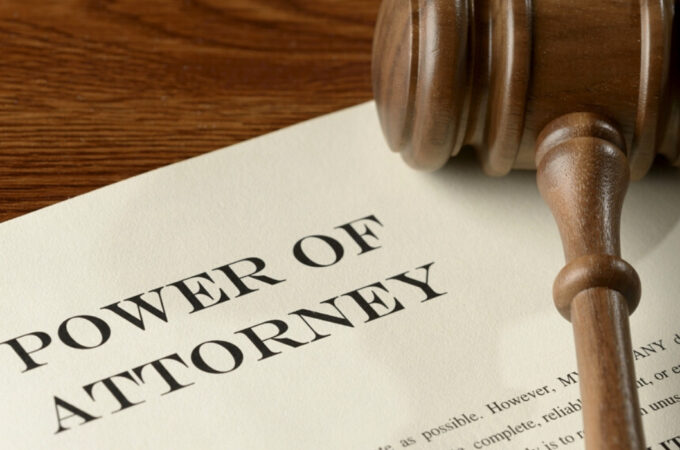
7 Step Guide to a Criminal Trial Process
Perhaps you’re unsure what a criminal trial includes. This issue lingers in our minds whether we are facing a trial or are directly touched by one.
In a criminal trial, a jury evaluates the evidence to determine whether the defendant committed the offense in question beyond a reasonable doubt. Normally, the state brings a case against the defendant.
Detailed Criminal Trial Procedure
Your frustrations are undoubtedly building, and worrisome thoughts are beginning to overwhelm you, but this should not be the case. All you need right now is as much information as possible, which this article provides. It describes the stages of a criminal trial as described by a well-known criminal defense lawyer.
Jury Selection
The rules of voir dire enable each party to openly question and dismiss jurors until an appropriate panel is assembled. Jurors who have a real bias against the case are frequently excused. Each party has a set number of peremptory strikes, which allow them to dismiss a juror without having to explain why.
It’s worth noting that the accused can forego their right to a jury trial in favor of a judge-only trial.
This decision must be made within 45 days after the start of the first trial and is final.

Opening Statement
Following the jury’s selection, the trial will begin with the state’s opening remarks, after which the jury will render a verdict. Surprising evidence is frequently omitted from the trial because it was not reasonably anticipated from what was alluded to during the presentation. Modern discovery regulations, on the other hand, have made such ambushes at trial obsolete.
Surprisingly, there is no requirement for the defense to make an opening statement.
State’s Case-in-Chief
Following the opening speeches, the state presents its case by calling witnesses and submitting documents in order to demonstrate the facts necessary to substantiate the charges. Through cross-examination, the defense counsel will be able to question each witness‘s honesty and prejudices.
The Defense Case
The defendant has the option of presenting a case. If they choose not to, the judge will urge the jury not to draw any negative conclusions from it, but if they do, the state will cross-examine any upcoming witnesses.
Let’s say a defendant exercises his right not to testify. Any statement they ever gave to police becomes public in that case, and the state jury will infer deceit on their behalf based on any discrepancies that may occur.
If the defendant testifies, the jury might learn about any previous convictions they have, even if they are unconnected. The rule is jurors can impeach any witness regardless of whether he or she has ever been convicted of a crime.
State’s Rebuttal
If the defense introduces evidence, the prosecution has the right to submit rebuttal evidence or testimony after the defense has rested; however, this is not very often, and if it is, it is usually brief.
Closing Arguments
Because the state has the burden-of-proof, they will make the initial presentation and will be allowed to return after the defendant’s presentation if the necessity for rebuttal arises.
During the trial, all parties must limit their arguments to the facts provided.
Verdict
The jury can find the defendant guilty as charged, not guilty, convicted on a lesser included count, or grant a non-verdict after hearing jury instructions. The verdict is deemed hung if the jury cannot reach a unanimous conclusion, and a mistrial is ordered. When this happens, the state will have the option of holding a new trial for the alleged offense.

Get Legal Counsel Before Trial
Your lawyer’s failure to object at certain moments throughout a criminal trial might result in the loss of your rights. One of the reasons it’s critical to have an experienced attorney on your side throughout the procedure is because of this. It’s always a good idea to get a second opinion, especially since most consultations are free.




